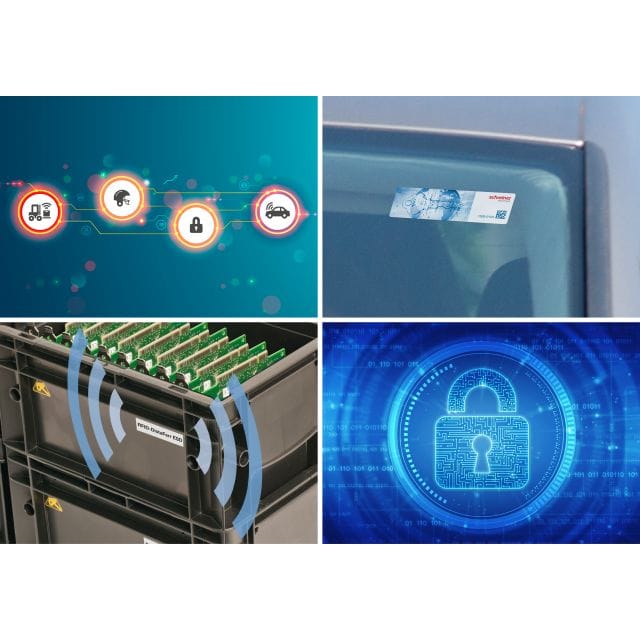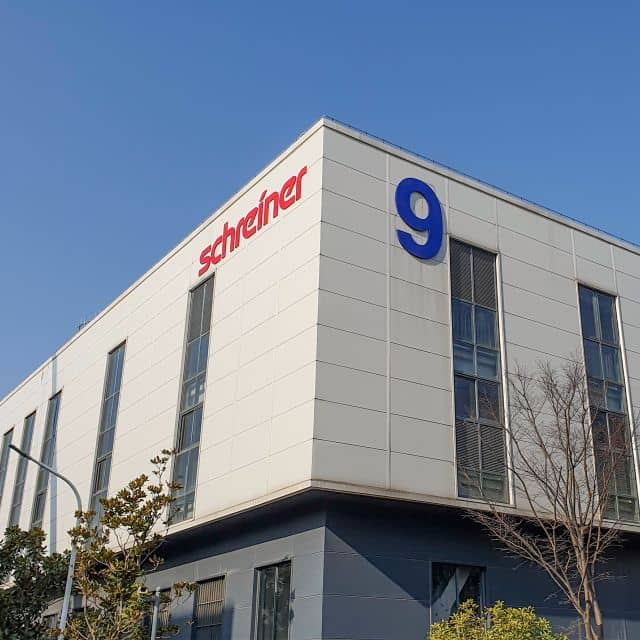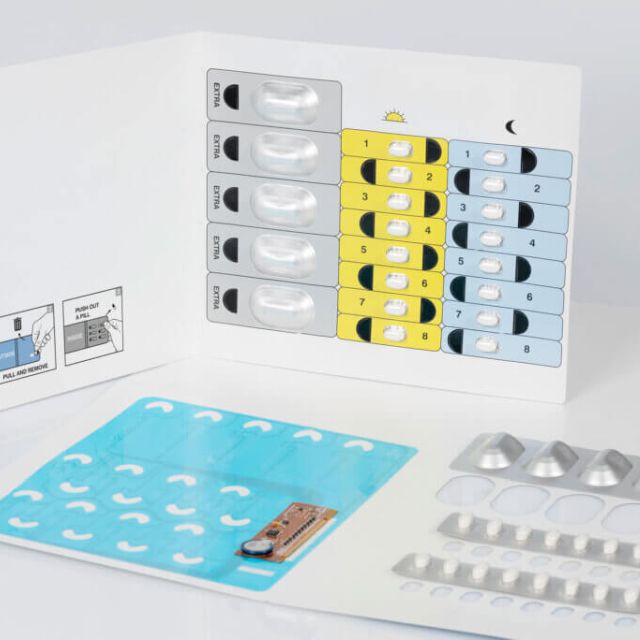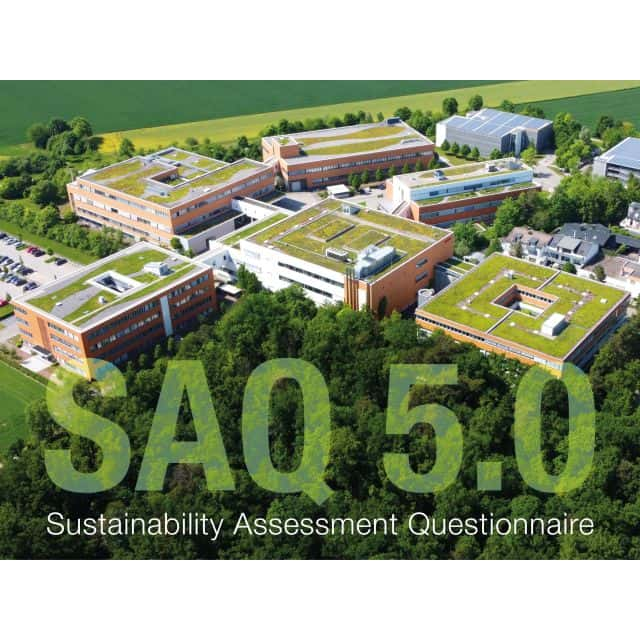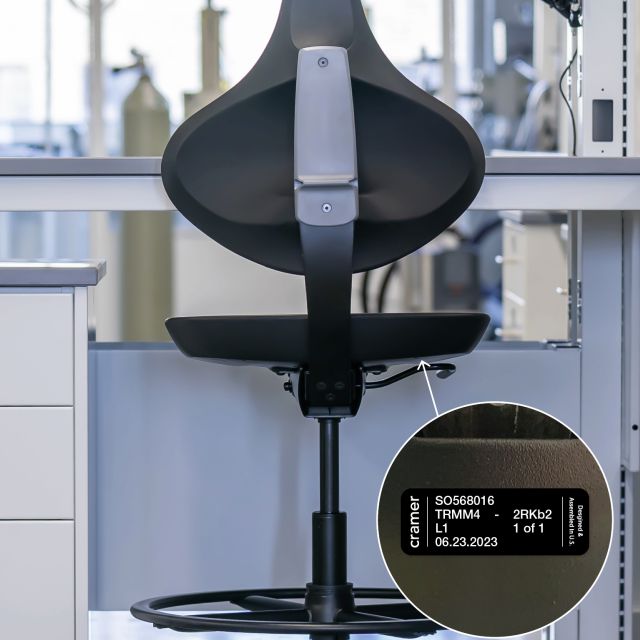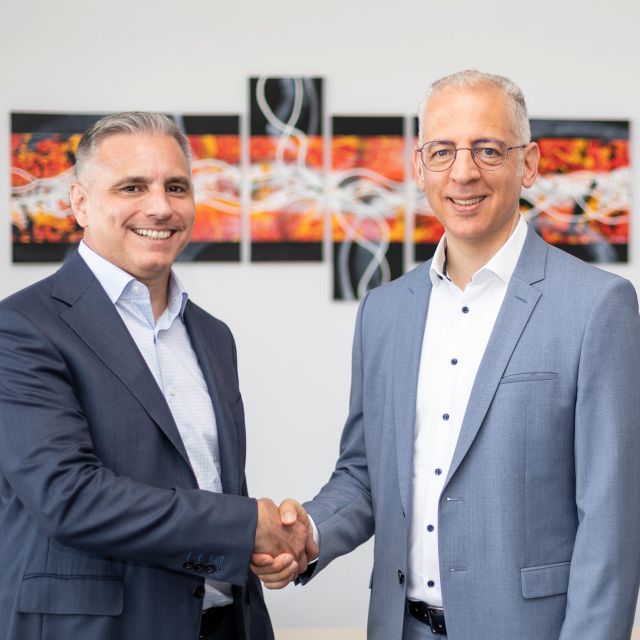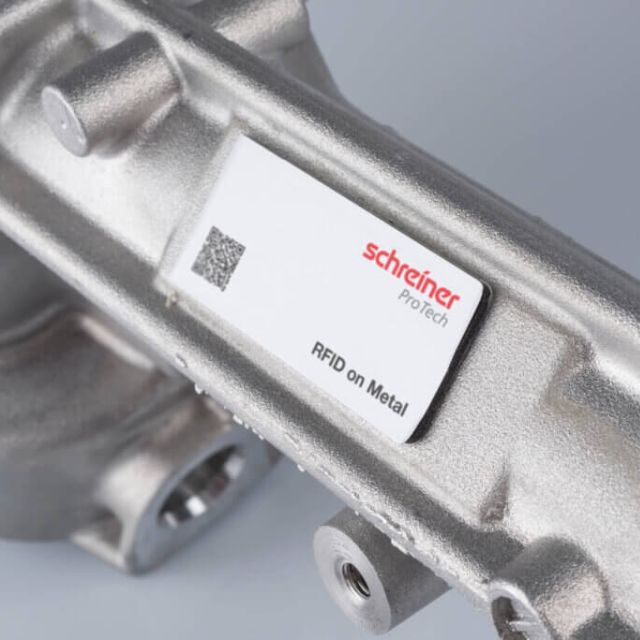Schreiner Presents IoT-Based Business Models!
Many machine manufacturers are increasingly recognizing the opportunities offered by smart, digital business models. This has great potential for the mechanical engineering sector within the next ten years.
Due to the availability of IOT-based components, materials and services, it is now possible to think about all-new business models.
IOT stands for “Internet of Things” and describes the opportunity to allocate a unique internet address to any object worldwide. Using this address, the object can securely and individually be called, entered into a system, addressed and managed with digital data. In the classic retail business, barcoded products are merely able to communicate data concerning their characteristics such as content, brand and size.
This makes it possible to define the system entry in terms of price at the cash register. However, there is no specific information available about the actual object. All articles of the same version are identical and therefore not able to communicate individual information, let alone variable data.
RFID technology makes it possible to provide smart materials not only with a unique number, but to combine them with an on-chip memory. As a result, this gap can be closed and an optimal basis for new business models created.
Examples of IOT-Based Business Models
1. Authenticity Protection and Additional Information
Especially companies that sell high-end products but have had minimal contact with consumers so far can establish direct communication with them quickly and without a major investment. In addition, it is possible to include complementary products and ordering options in their marketing activities:
The consumer scans the product with his or her smartphone using an NFC/RFID label and receives reliable confirmation that the product is an original. Plus, consumers can reorder new products directly on the website and access additional product-related information and options in their local language.
This business model secures long-term market share for the brand and builds strong customer loyalty. Due to the direct link to the company’s own online store, additional services can be exclusively marketed as well.
2. Process Reliability in Material Consumption
In many cases, materials or objects in machines are used for excessive periods of time, which increases machine wear. Wrong insertion of materials or objects may even affect operating safety and reliability. Smart materials which, by communicating with the equipment, are able to clear the quantity of expiration cycles or the right utilization in the right process offer considerable benefits to all users compared to all competitor products:
Due to the communication between the material and equipment, insertion errors or high wear rates can be significantly reduced. This business model substantially enhances safety and reliability and thus customer acceptance. Equipped with this performance package, the solution stands out from competitor products and generates added value that may justify a higher price.
In many areas where a high level of safety and reliability in operation and processing of diverse materials is specified, seamless end-to-end documentation can be achieved by means of this model. As a result, costs incurred for data acquisition, management and even insurance premiums may be saved in this way.
3. Smart Services
Service plays an important part particularly in industrial solutions, because sustainable sales can be generated in this way. Especially digital “smart services” have enormous potential of positioning new business models around existing products. For instance, by means of NFC/RFID labels service providers can directly access augmented reality (AR) videos for the purpose of installing a unit or adjusting its settings.
A smartphone recognizes the product and will subsequently show how to adjust or parameterize it by directly including the on-site object. In addition, via an automatic consumption-based material inventory update, the service provider can be informed about minimum stock levels of the materials, which eliminates the need for regular checking by the customer.
As a result, the service provider can guarantee that inventories will be kept at the agreed levels. This saves the customer a lot of time and reduces the service provider’s formal effort. Moreover, “on-shelf service” secures sustainable collaboration and thus permanent sales.
4. Billing Based on Utilisation Cycles
Billing of smart business solutions is typically based on monthly rates or flat rates. The service or the regular deliveries guarantee that sufficient material is always available. The device books the RFID-equipped units and sends the tracks directly to a central database. The user does not have to do anything and, as a result, will use the model more intensively.
The codes and delivery contacts of the system are protected against hacking attacks. The provider has the advantage of having a very detailed overview of customer use and structure enabling the provider to individually offer additional models to its customers.





